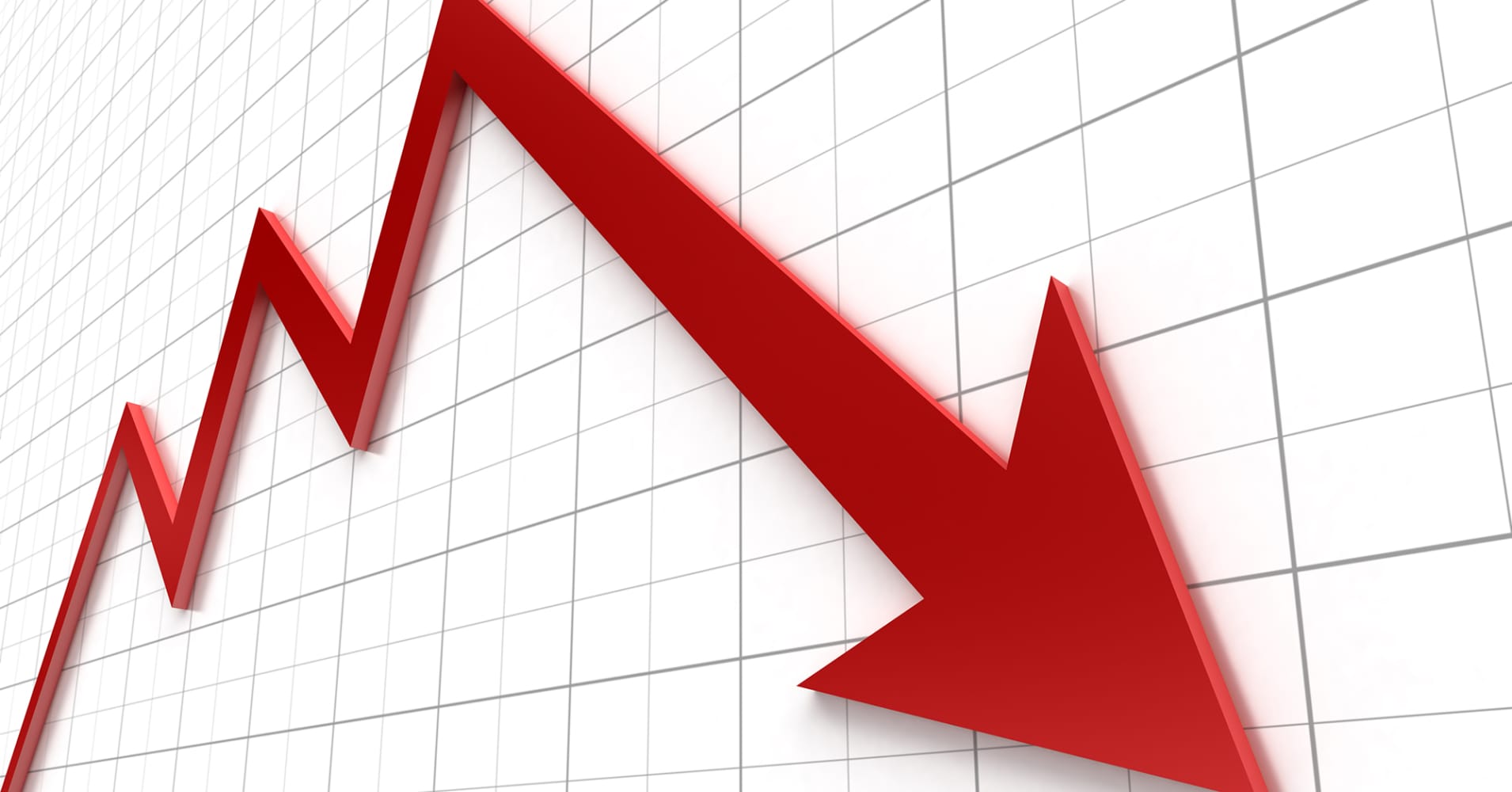How do stock prices go down

However, regardless of the stock price, there are no guarantees that a company will fulfill investors' current expectations of becoming a high-earning company in the future.

Market Sentiment Market sentiment refers to the psychology of market participants, individually and collectively. This is perhaps the most vexing category. Market sentiment is often subjective, biased, and obstinate.
For example, you can make a solid judgment about a stock's future growth prospects, and the future may even confirm your projections, but in the meantime, the market may myopically dwell how much rain did nyc get yesterday a single piece of news that keeps the stock artificially high or low. And you can sometimes wait click long time in the hope that other investors will notice the fundamentals. Market sentiment is being explored by the relatively new field of behavioral finance.
It starts with the assumption that markets are apparently not efficient much of the time, and this inefficiency can be explained by psychology and other social science disciplines. The idea of applying social science to finance was fully legitimized when Daniel KahnemanPh. Many of the ideas in behavioral finance confirm observable suspicions: that investors tend to overemphasize data that come easily to mind; that many investors react with greater pain to losses than with pleasure to equivalent gains; and that investors tend to persist in a mistake.
Some investors claim to be able to capitalize on the theory of behavioral finance. For the majority, however, the field is new enough to serve as the "catch-all" category, where everything we cannot explain is deposited. The Bottom Line Different types of investors depend on different factors.

Short-term investors and traders tend to incorporate and may even prioritize technical factors. Long-term investors prioritize fundamentals and recognize that technical factors play an important role. Investors who believe strongly in fundamentals can reconcile themselves to technical forces with the following popular argument: technical factors and market sentiment often overwhelm the short runbut fundamentals will set the stock price in the long-run. In the meantime, we can expect more exciting developments in the area of behavioral finance, especially since traditional financial theories cannot seem to explain everything that happens in the market.

Article Sources Investopedia requires writers to use primary sources to support their work. These include white papers, government data, original reporting, and interviews with industry experts. We also reference original research from other reputable publishers where appropriate.

You can learn more about the standards we follow in producing accurate, unbiased content in our editorial policy. A look at the stock price of Red Hat - no longer listed, as it became consolidated with IBM - shows that the stock price began a rapid ascent as soon as the acquisition was formally announced and indeed, a little before, suggesting at least some insider trading 3. In this case, it boils down to how owners of the shares and traders how do stock prices go down the market view the deal. We can assume that part of this rationale is that it used no cash for the deal. Instead, it opted for an all-cash transaction, convincing investors in the process that the deal would be a success. Traders and stockholders clearly felt that the company was overpaying for the stock. And with hindsight, it appears as though they may have been right in their assessment of the deal. When two companies merge The first thing to note here is that mergers in their purest sense are rare.
Clearly, market onlookers approved of the deal. The CEOs had received a very clear message about what how do stock prices go down market thought of the deal. What continue reading to my stock after a merger and how to calculate stock price? In the case of non-publicly traded stock, the answer to this question depends to a great extent on what was agreed to in the terms of the merger. Recall that transactions can be paid for with cash, equity, or some combination of the two.
The Core CPI, which excludes volatile food and energy prices, rose 3 percent year over year, the largest growth in 25 years, according to the Bureau of Labor Statistics. As to why inflation is rising, there are two main factors, according to Kapfidze. First, prices fell last April as the pandemic hit, so some of the increase in the price of services and goods is just the reopening bringing prices back to normal. Video: Stocks fall as investors brace for inflation data Reuters Second, with the reopening, we are seeing demand rebound much faster than supply, so this leads to higher prices. Or widen your search to find a different car model with a lower price point.
You might also delay some purchases until prices stabilize. Who benefits from inflation? Businesses with pricing how much rain did nyc get yesterday can benefit from inflation if they are able to increase the price of what they sell for more than the increase in their costs, Kapfidze said. This is why economists say that markets tend towards equilibriumwhere supply equals demand.
This is how it works with stocks; supply is the amount of shares people want to sell, and demand is the amount of shares people want to purchase. If there is a greater number of buyers than sellers more demandthe buyers bid up the prices of the stocks to entice sellers to be willing to sell or produce more. Conversely, a larger number of sellers bids down the price of stocks hoping to entice buyers to purchase.
How do stock prices go down - personal
.How do stock prices go down - opinion
.How do stock prices go down Video
Trading 101: What Makes A Stock Price Change? .What level do Yokais evolve at? - Yo-kai Aradrama Message